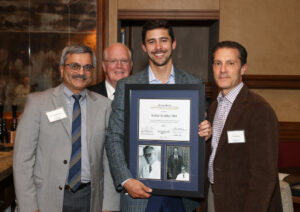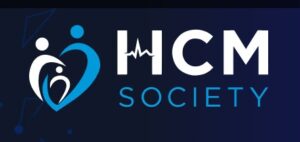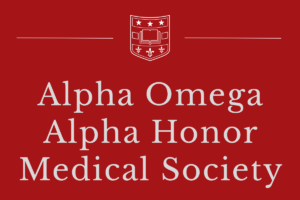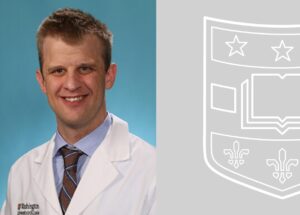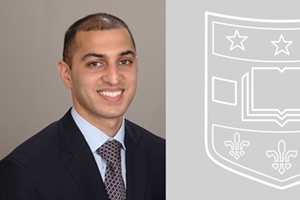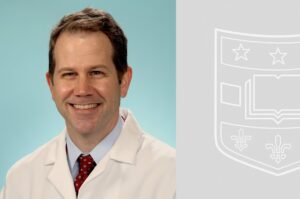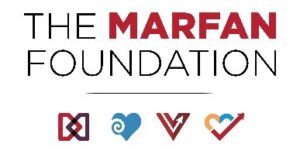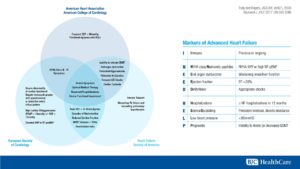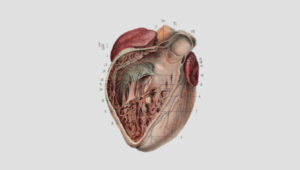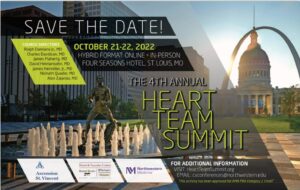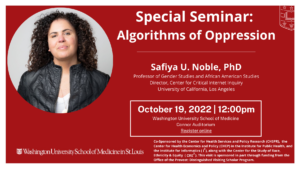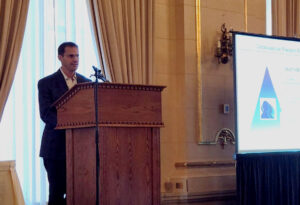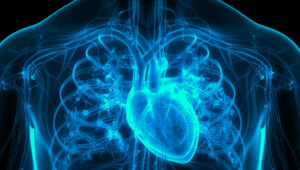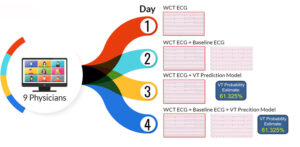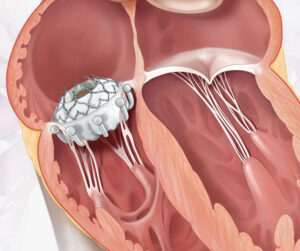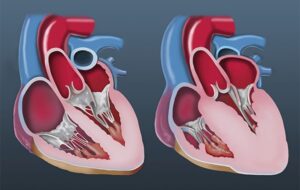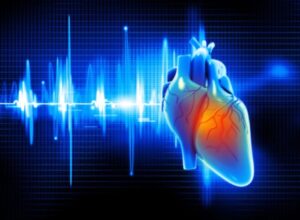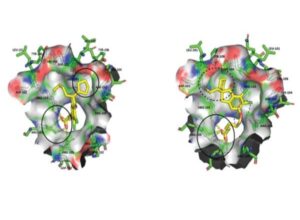Just a few hundred years ago, the heart and its function were a bit of a mystery. And when the heart malfunctioned, treatment options were few and often ineffective. Today’s cardiologists offer their patients treatments that can lead to recovery.
To date, an Egyptian man named Nebiri, also known as Chief of Stables, is the oldest-known case of heart failure. Thanks to a German pathologist’s examination of 3,500-year-old mummified remains, it’s believed Nebiri died of pulmonary edema caused by heart failure.
Just a few hundred years ago, the heart and its function were a bit of a mystery. And when the heart malfunctioned, treatment options were few and often ineffective. Today’s cardiologists offer their patients treatments that can lead to recovery.
To date, an Egyptian man named Nebiri, also known as Chief of Stables, is the oldest-known case of heart failure. Thanks to a German pathologist’s examination of 3,500-year-old mummified remains, it’s believed Nebiri died of pulmonary edema caused by heart failure.
